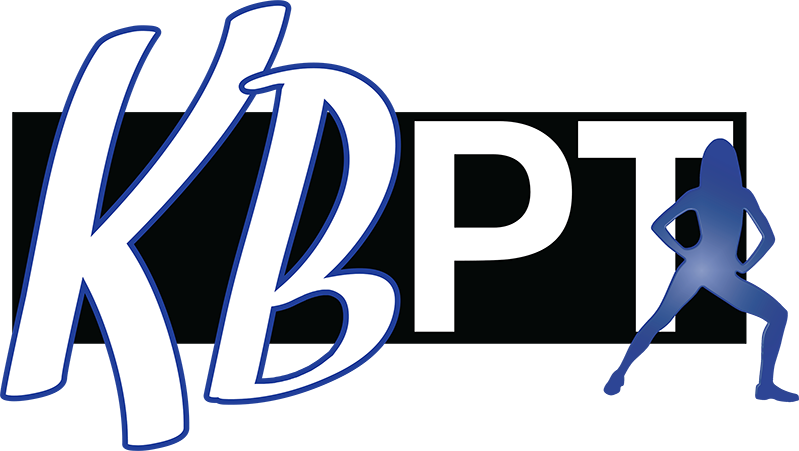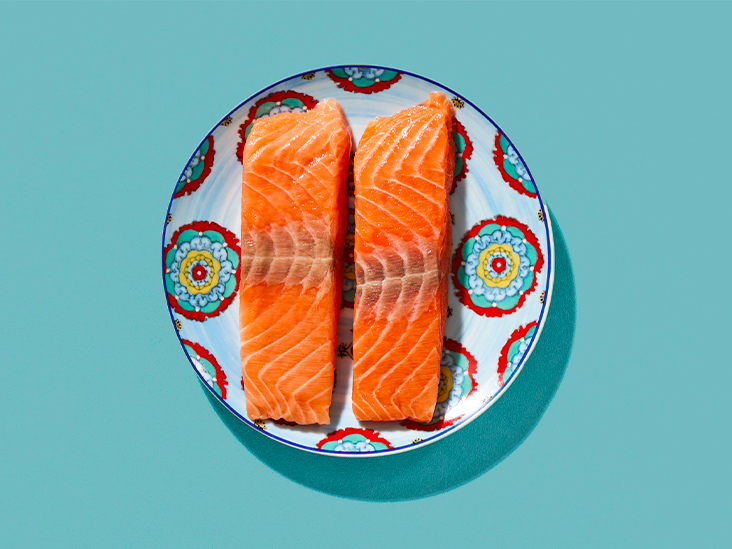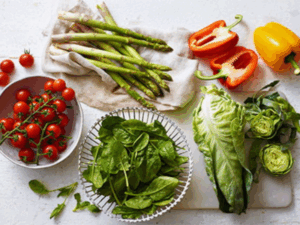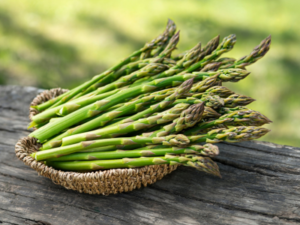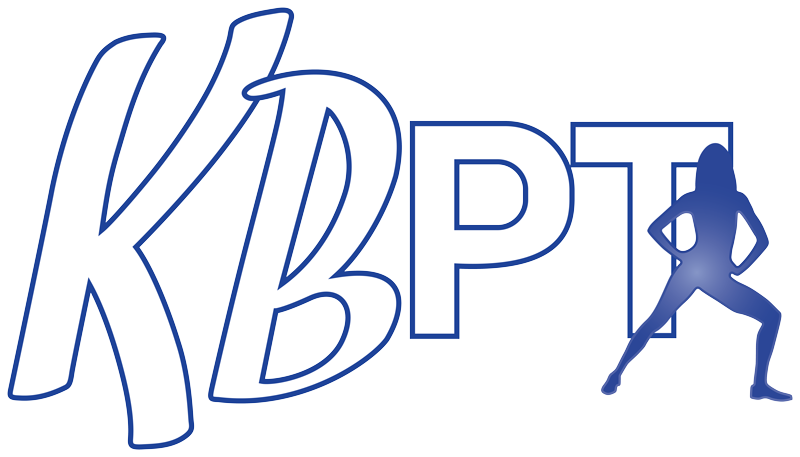Spring is here so the weather will be starting to get warmer however we won’t get the amount of vitamin D we need until early April so it is important to keep eating foods with vitamin D. Did you know vitamin D is the only nutrient our body produces when exposed to sunlight but still up to 50% of the world’s population won’t get enough from sun exposure.
Salmon
Salmon is a popular fatty fish. Not only is it delicious, you can eat it raw or cooked which makes recipes much more fun and versatile. Salmon is a great source of vitamin D but it does make a difference whether it’s wild or farmed so remember this when buying it. Studies have found on average wild salmon contains higher levels of vitamin D then farmed. Farmed salmon contains only 25% of that amount found in wild salmon. Still overall if you can include in your diet then you will receive numerous benefits along with a decent vitamin D intake.
Canned Tuna
Tuna is another fish people enjoy eating raw or cooked. Canned tuna is the most popular due to its taste, and price and it’s easy to store. It’s a good source of vitamin K and D. It is always best to choose a light tuna over white tuna as it’s considered safer to eat as it doesn’t contain as much methylmercury. You should also manage your weekly intake as our bodies don’t need more than 170 grams per week to get a good amount of vitamin D.
Mushrooms
Mushrooms are the only good plant source of vitamin D. Did you know that like humans, mushrooms can synthesize vitamin D when exposed to UV light? Although mushrooms only produce vitamin D2 compared to animals which produce vitamin D3, D2 helps raise blood levels of vitamin D. Wild mushrooms are excellent sources of vitamin D2 but be careful with commercially grown as they often are grown in the dark so will contain very little.
Egg yolks
Now who doesn’t like eggs! These little gems are a great source of vitamin D. While most of the protein in an egg is found in the egg whites, the fat, minerals, and vitamins are found mostly in the yolk which is the most delicious part. One egg yolk contains 37 IU of vitamin D or 5% of your daily intake. Vitamin D levels in egg yolk depend on sun exposure and the vitamin D content of the chicken feed. So be sure to always buy eggs from chickens raised outside.
You can also find cow’s milk, soy milk, orange juice, cereals, and oatmeal sometimes fortified with vitamin D.
